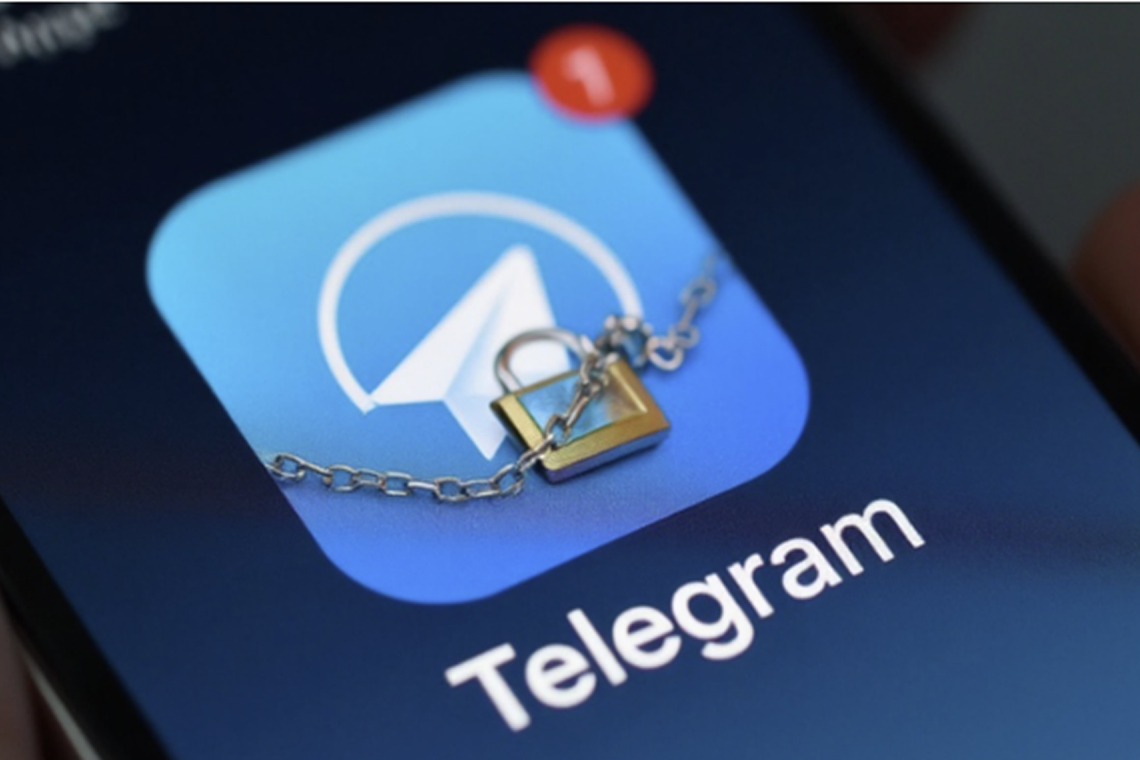Ukraine has officially restricted the use of Telegram for government officials, military personnel, and critical infrastructure workers, citing significant national security concerns.
The decision, announced by the National Coordination Centre for Cybersecurity (NCCC) via Facebook, underscores growing concerns over Telegram’s potential vulnerabilities to cyber espionage, intelligence gathering, and information warfare.
Kyrylo Budanov, head of Ukraine’s GUR military intelligence agency, emphasized that the move is not about limiting free speech, but rather a necessary step to protect national security. "I have always advocated and continue to advocate for freedom of speech, but the issue of Telegram is not about free expression. it is a matter of national security," he stated.
As a result, Telegram is now prohibited on official devices belonging to:
-
Employees of state authorities
-
Military personnel
-
Security and defense sector workers
-
Critical infrastructure operators
However, the ban does not extend to personal devices or individuals who require Telegram for their official duties.
Security Risks Associated with Telegram
The decision to ban Telegram follows growing intelligence suggesting that Russian cyber threat actors have been exploiting the platform for espionage, disinformation campaigns, and cyber operations. According to Ukraine’s National Security and Defense Council (NSDC), Telegram has been actively used by the enemy for a variety of malicious activities, including:
-
Launching cyberattacks on Ukrainian networks and infrastructure.
-
Distributing phishing messages and malware to unsuspecting users.
-
Tracking user locations, potentially compromising sensitive personnel and military operations.
-
Gathering intelligence to assist Russian missile and drone strikes against Ukrainian facilities.
While Telegram has denied any collaboration with Russian authorities, the perceived risk of data interception and intelligence leaks remains a pressing issue. In a statement to Reuters, Telegram reiterated that it has never provided user data to any government, including Russia, and that deleted messages are permanently erased with no possibility of recovery.
Telegram CEO’s Legal Troubles and Global Scrutiny
Ukraine’s decision also coincides with legal challenges surrounding Telegram’s CEO, Pavel Durov. Recently, Durov was arrested in France and later released on bail in connection with an investigation into Telegram’s role in facilitating illegal activities. Authorities have linked Telegram to child exploitation materials, drug trafficking networks, and financial fraud schemes, raising concerns about the platform’s security infrastructure, encryption policies, and content moderation practices.
These issues have intensified global scrutiny on Telegram, with some governments questioning whether the app’s privacy features enable cybercriminals and nation-state actors to operate with impunity.
Implications for Ukraine’s Cybersecurity and Information Warfare
Ukraine’s ban on Telegram is part of a broader effort to strengthen its cybersecurity defenses and counteract Russian cyber threats. In recent years, Ukraine has been targeted by numerous cyber operations, ranging from data breaches and misinformation campaigns to digital espionage and cyber-enabled warfare.
By restricting Telegram on official devices, Ukraine aims to:
-
Minimize intelligence leaks and surveillance risks.
-
Prevent Russian-aligned actors from exploiting Telegram’s infrastructure for military intelligence gathering.
-
Strengthen digital security and operational secrecy within critical government and defense sectors.
The decision aligns with Ukraine’s ongoing cybersecurity strategy, which has seen the country bolster its digital defenses, adopt stricter security protocols, and collaborate with Western intelligence agencies to mitigate cyber threats.
The Bigger Picture: Telegram’s Role in Modern Cyber Warfare
While Telegram remains a widely-used communication tool, it has also emerged as a key battleground in cyber warfare and digital propaganda. The platform’s end-to-end encryption, anonymous channels, and minimal censorship policies make it a double-edged sword—beneficial for activists and journalists but also exploited by hackers, extremist groups, and state-sponsored cyber units.
For Ukraine, the risks associated with Telegram’s use far outweigh its benefits, prompting decisive action to restrict its presence within high-security environments. The decision highlights the evolving nature of cyber warfare, where digital platforms are increasingly weaponized for espionage, psychological operations, and intelligence gathering.
As cyber threats continue to evolve, Ukraine’s decision underscores the growing importance of secure communication protocols in national defense. The ban on Telegram serves as a clear warning to governments and organizations worldwide about the risks associated with unregulated digital platforms.
By tightening cybersecurity policies and restricting high-risk applications, Ukraine is taking proactive steps to safeguard sensitive government communications, protect critical infrastructure, and counteract digital espionage. The move also sets a precedent for other nations facing similar cyber warfare challenges, reinforcing the necessity of evaluating and restricting potentially compromised communication platforms.


